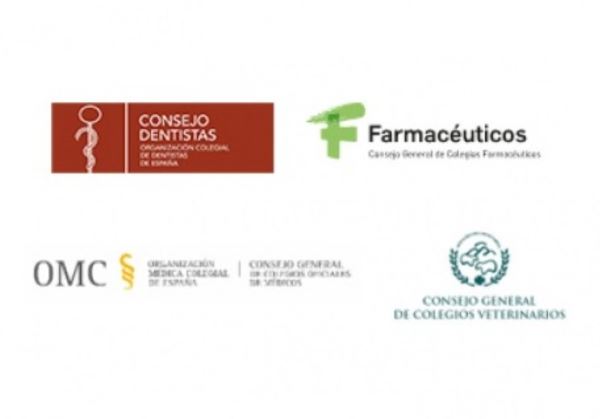Our Blog
The General Health Councils warn of the risks of blended learning in the Health Sciences Degrees
The General Councils of Dentists, Pharmacists, Doctors and Veterinarians have today published a joint position in which they show "their concern and discrepancy with the initiatives aimed at applying the blended training modality in the Health Sciences Degree studies that are proliferating in recent years and that are considered as enablers”.
Said position, signed by the presidents of the four professions, maintains that this type of training "raises doubts and uncertainties about the adequacy and quality of the training that future health workers will receive", also recalling that this type of training is not considered in the rest of the countries of the European Union.
The General Councils of Dentists, Medical Pharmacists and Veterinarians recall that their undergraduate training corresponds to level 3 of the Spanish Qualifications Framework for Higher Education (MECES, Master's level), a level that "demands a greater commitment to specialization and orientation of learning to the most practical aspects of the disciplines. Something that will hardly be achieved if it is not through face-to-face both in theoretical classes and, obviously, in the practices that make up the different study plans.
The four professions conclude that the face-to-face modality "is the one that best guarantees obtaining the knowledge, aptitudes, attitudes and abilities necessary for the practice of dentists, pharmacists, doctors and veterinarians".
For all these reasons, dentists, pharmacists, doctors and veterinarians express "their concern to those responsible for education about the negative impact that the blended modality would have on the quality of training received by future health professionals". Discomfort that will be transferred to political leaders, the University and the health and education administrations, by sending the joint position.

